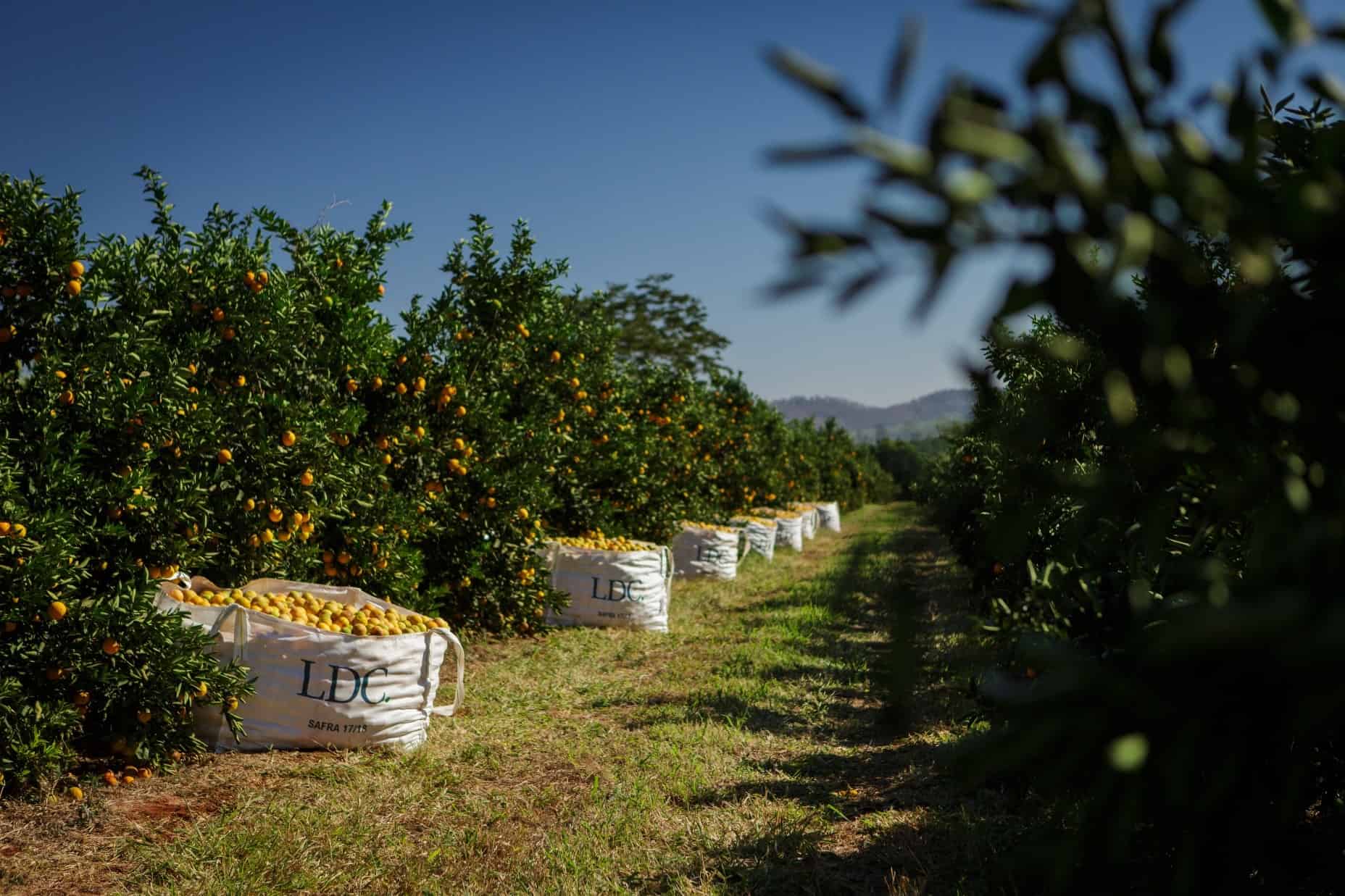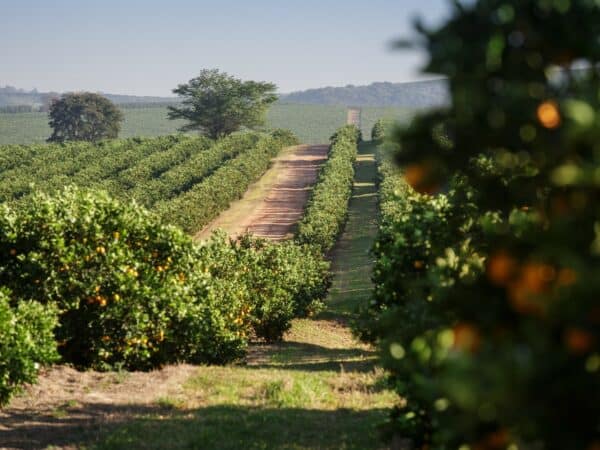
Louis Dreyfus Company invests in Brazil to meet the growing international demand for orange juice.
Natural, full of vitamins, minerals, and bioactive compounds – such as phytochemical, which are important components of a healthy and balanced diet – NFC (from the acronym, Not From Concentrate), a high added value product, is one of Louis Dreyfus Company‘s current investments in Brazil for the international market. Brazil is the biggest orange exporter in the world, but it has been facing challenges due to successive crops and climatic problems. The latest crop was affected by drought and frost.
We spoke with Jorge Costa, Juice Operations Director at Louis Dreyfus Company (LDC), about the company‘s investments in the market, focusing mainly on increasing demand in Asia, Europe, and the United States. He talked about LDC‘s quest for Operational Excellence to leverage its results now with Staufen‘s support on this journey.
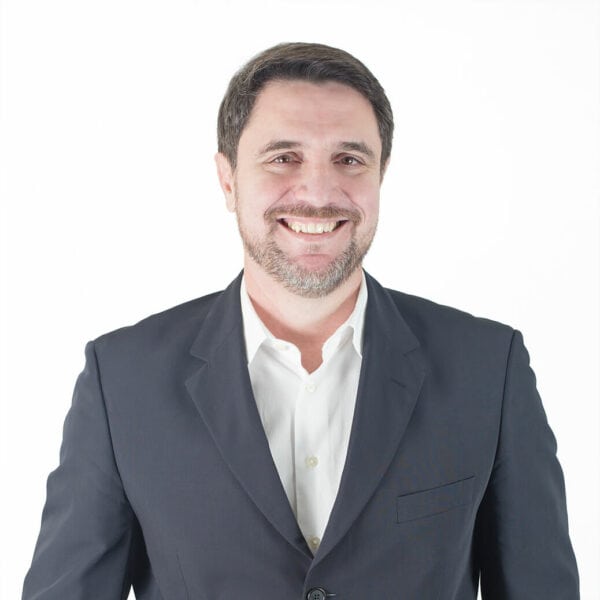
Jorge Costa
Juice Operations Director
Louis Dreyfus Company (LDC)
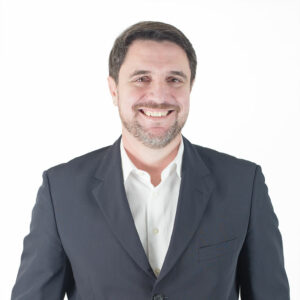
The orange juice chain is quite complex, with many suppliers, raw materials that are susceptible to numerous threats, and little scope to accommodate for short-term variations. What are LDC‘s investments in Brazil to improve efficiency in this realm of so many adversities and uncertainties?
The orange juice chain is in fact quite complex and influenced by climatic conditions, which directly affect fruit production and, consequently, the entire chain itself. We have endured extreme circumstances, such as, in 2021 when droughts and frosts reduced crop size by 16 % in Brazil, but despite this, the production of NFC juice increased by 66 % in the same year. NFC is one of LDC‘s current investments, given increased demand in Asia, Europe, and the United States, where consumers are looking for a fresher and more natural product.
LDC constantly invests in its people, assets, and in technologies and initiatives that ensure and facilitate the production process. One example of this is the investment we made in new digital performance management software, which aims to prevent deviations from operational processes and facilitate the cause analyses of possible problems. Another example is the fleet of ships that is 100% dedicated to the transport of juices and by-products. Our goal is to improve efficiency and ensure that the product reaches its destination on time, safely, and reliably.
LDC recently announced that it will expand its production and storage capacity for NFC orange juice at Matão unit, in São Paulo, Brazil, mainly to serve the foreign market. How important are European countries, Asia, and the United States for LDC‘s juice business today?
Brazil is the largest exporter of orange juice in the world. Therefore, increasing the production and storage of NFC allows us to meet the growing demand for this high added value product and reinforces our position as one of the main processors and traders of orange juice in the world.
You mentioned that LDC manages more than 25 thousand hectares of citrus orchards. We know that you take the issue of sustainability very seriously because your business is hugely dependent on the health of the soil and climate. Can you talk a little about what has been done and what challenges must be overcome in this matter?
We act to promote positive changes in our value chain. We share our expertise with producers in the regions where we operate – doing this ourselves or with business partners and specialist organizations as part of our commitment to responsible, sustainable, and traceable supply chains.
Therefore, driving increasingly sustainable juice production is a priority for LDC, working in our own operations, and influencing our suppliers to adopt sustainable practices on their farms in line with our supplier conduct manual.
In all our operations, we continue to focus on reducing our environmental footprint. We have reduced CO2 emissions and solid waste sent to landfills year after year. In addition, we use 100 % of the fruit, no part is wasted in our processing.
Furthermore, all 38 farms managed by LDC are verified according to SAI Platform standards and 32 farms are also certified by the Rainforest Alliance.
We have reduced CO2 emissions and solid waste sent to landfills year after year. In addition, we use 100 % of the fruit, no part is wasted in our processing.
JORGE COSTA
Juice Operations Director, Louis Dreyfus Company Sucos S. A.
The orange juice chain is very integrated. How is digitalization contributing to better use of the fruit, reducing consumption of inputs, and increasing the efficiency of processes throughout the entire production chain, that is, from the orchard to the delivery of juice to customers?
We strive to maintain responsible agricultural practices in our activities, such as the conscientious use of plant protection products and daily analysis and adjustments of machinery, ensuring that we only use the necessary amount of pesticides and water, and we also use technology that collects and shares data from pest inspectors, thus allowing our teams to manage the groves very closely.
Our digital platform, Trace LDC, allows our customers to track in detail the entire journey taken by the products purchased, from groves to delivery. Powered by blockchain technology, the platform provides certification data for our farms and facilities, as well as information about our food safety and sustainability standards.
As part of LDC‘s journey to help shape a zero-carbon economy, we successfully conducted a biofuel trial on one of our upgraded juice vessels, using a B30 biofuel-blended marine fuel for the first time to sail from Ghent, Belgium, to Santos, Brazil, and return with a full cargo of NFC and frozen concentrate orange juices, over a period of 55 days.
Mr. Costa, your career spans almost 30 years in the agribusiness segment, most of it in leadership positions. What are your biggest challenges when working with people and what characteristics do you consider essential in a leader, especially in this sector?
The biggest challenges are about giving our employees the tools and opportunities they need to develop to their full potential, wherever they are and whatever their role.
It is essential that leaders understand the individuality, capacity, and development needs of each one of their employees, even more so in a sector as fundamental as the one in which LDC operates. Our company plays an important role in advancing and modernizing the entire food supply chain. We are always on the lookout for creative, forward-thinking problem solvers who are passionate about what we do in the global food system.
3
citrus juice plants and a cutting-edge juice terminal in the country
> 25,000
hectares of citrus groves
> 30
years in the juice business
> 60
industrial and logistics units in brazil
Magazine Article about Louis Dreyfus
Efficiency and sustainability in agribusiness
You might also be interested in
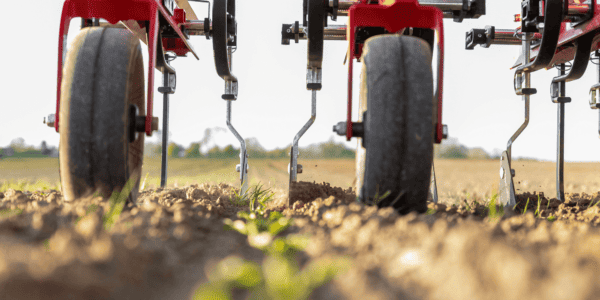
Polished and professional
With its camera-controlled hoeing machine, the Dutch company Steketee has built a name for itself as a niche provider in agricultural weed control – and so was a perfect fit for the portfolio of the agricultural heavyweight LEMKEN. In order to meet the process standards and KPIs customary at its new German parent company as quickly as possible after the take-over, Steketee’s Managing Director, Iljan Schouten, set to work with Staufen to restructure the company. With success! And to ensure that the company can continue on its growth trajectory, Steketee will even move into a new factory in the year ahead. Goed gedaan! Well done!
Read more
Sustainability as the basis for adaptability – DÜRR
At Dürr, we like to use the image of an “entrepreneur at the company” to illustrate this. As a global plant and mechanical engineering company with individual projects worth over 100 million euros, we need employees with a high level of customer orientation, flexibility and personal responsibility. Here, it is essential to give employees a sufficient degree of freedom, for example, through flat hierarchies and short decision paths. In addition, we train our employees to identify problems early on, independently develop solutions, and make decisions. The basis for this is the trust and orientation of their own leadership skills. In addition, we practice a culture where mistakes are allowed, addressed and corrected, rather than staying silent. It is important for our motto to be: A mistake is the start of a sustainable improvement process – and we want to anchor this understanding even more in our company, also by introducing Shop Floor boards.
Read more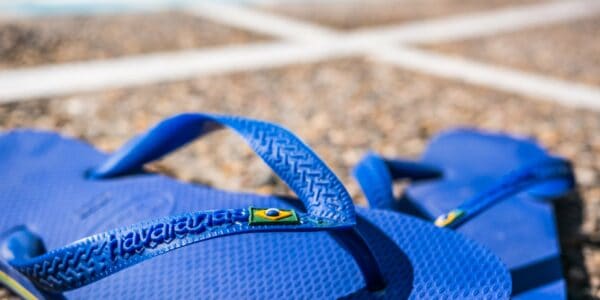
Alpargatas on the move
A global 115-year-old company, powered by iconics, on-trend brands, flip flop global leader to high potencial in footwear and lifestyle, Alpargatas is world known by one of its main brands: Havaianas.
Read more
